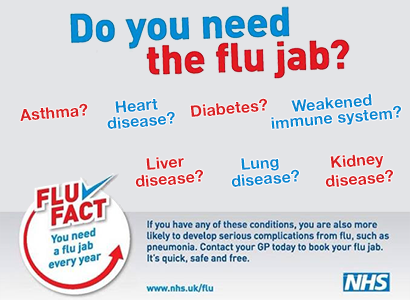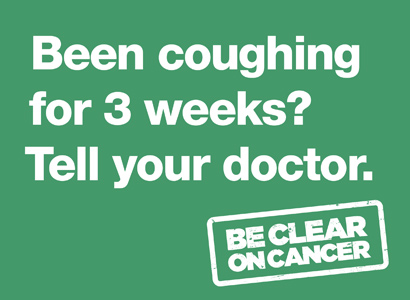By Emma Bower on the 24 January 2023
Around 4.6m eligible women in England have either never been screened for cervical cancer or have not had their most recent test, NHS England has said.
Cervical screening (Photo: Peter Dazeley/Getty Images)
This is around a third of those women who have been invited for tests in the past three or five years depending on their age. All women between the ages of 25 to 49 are invited for cervical cancer screening every three years and those aged 50 to 64 are invited every five years. Some women are invited more frequently if HPV or cell changes are detected in a previous test.
NHS England is urging eligible women to come forward and be tested. It highlighted that around 2,700 women are diagnosed with cervical cancer in England each year, but said the NHS screening programme helps save around 5,000 lives each year.
Meanwhile, figures from the UK Health Security Agency (UKHSA) show that HPV vaccine coverage for children in year 8, which is when they receive their first dose, fell by 7% in girls and 8.7% in boys during 2021/22.
It said data suggests that the NHS has caught up with many children who missed out on the vaccine during the pandemic, but added that coverage remains ‘below pre-pandemic levels’. The UKHSA has urged young people who have missed the jab to contact their GP to arrange a catch up vaccination, which they are entitled to up to the age of 25.
Cervical screening
Previous research has suggested that embarrassment, as well as cultural barriers, are often key reasons why women fail to attend their cervical screening appointment.
GP practices in London are currently involved in an NHS pilot where women are being offered home testing HPV kits in a bid to boost uptake of cervical screening. If the pilot is successful the tests could be rolled out across England.
GP and NHS England’s interim medical director for primary care, Dr Kiren Collison said: ‘We have made great progress on our cervical screening programme and the combined effects of the HPV vaccine and the new, more sensitive way of screening for cervical cancer means that we have the opportunity to eliminate cervical cancer altogether.
‘Having the potential to completely eradicate a disease that affects thousands of people every year is remarkable, but in order to do this, it is vital that people take up the offer of a test.’
HPV vaccination
UKHSA consultant epidemiologist Dr Vanessa Saliba said: ‘In recent years we have seen [HPV] vaccine coverage fall due to the challenges posed by the COVID pandemic. Many young people who missed out on their vaccinations have already been caught up, but more needs to be done to ensure all those eligible are vaccinated.
‘Children and young people who have missed out on their HPV vaccinations should contact their school nurse, school immunisation team or GP surgery to arrange a catch-up – they remain eligible until their 25th birthday.’
A 2021 study in the Lancet found that cervical cancer rates were 87% lower in young women who had been eligible for the HPV vaccine at the age of 12 to 13, when compared with a similar group born a few years earlier who had not been offered vaccination.
The study estimated that the HPV vaccination programme, which was introduced in 2008, had prevented 450 cancers and 17,200 pre-cancers by mid-2019.









